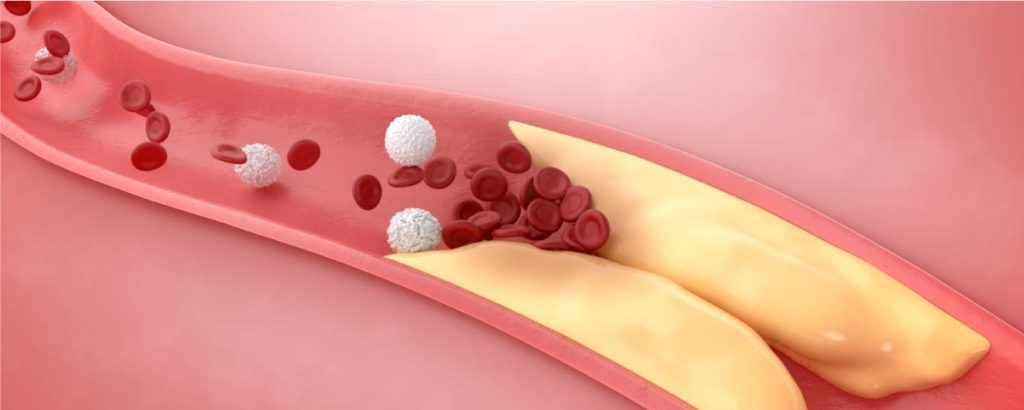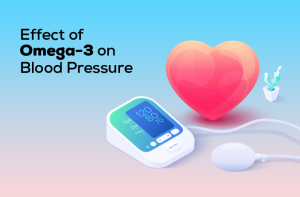Scientifically, a heart attack is called a myocardial infarction. One of the most leading causes of death worldwide, heart attack is a particularly tricky cardiovascular disease because of its uncertainty. And not only that, the symptoms of myocardial infarction hit you out of nowhere, without any prior warning.
Types of myocardial infarction
As we look into the different types of myocardial infarctions, we’ll get more insightful information about how experiencing a heart attack is much more than blockages/plaque formation in the arteries. In fact, it’s interesting to see how the different kinds of cardiovascular issues eventually give rise to heart attack in the long run. Speaking of their relevance, here are different kinds of myocardial infarctions-
- Myocardial infarction type 1
Most patients that exhibit the signs of a heart attack, have type 1 MI. In this particular type of heart attack, the coronary plaque or blockage plays a major role. How it works is that the plaque build-up in the arteries is either ruptured or eroded. Either of these two phenomena can cause a surge of red blood cells to form a blood clot at the site of the rupture/erosion. Clotting in the arteries can again cause restricted blood flow to the heart and vice versa.
- Myocardial infarction type 2
This particular type of heart attack revolves around the mismatch of myocardial oxygen supply and demand. Due to lack of oxygen, there is a rise/fall of cardiac biomarkers. These biomarkers other than the presence of unstable coronary artery disease, cause ischemia or restrictive blood flow in parts of the heart. Restricted blood flow in turn, causes lack of oxygen.
Did you know?
According to NCBI, people who are diagnosed with type 2 myocardial infarction are usually women who have also been diagnosed with other underlying conditions such as diabetes, hypertension or menopause.
Symptoms of myocardial infarction
When a heart attack occurs, the blood flow to a part of the heart stops or reaches far below normal. This results in necrosis or death of the heart muscle(s) associated with that area. Once that happens, a chain of catastrophic events sets off, disrupting the entire pumping sequence of the heart. Once that happens, the entire body is at risk of restricted blood flow.
The symptoms of myocardial infarction are oftentimes unnoticeable at first. This also happens because of the similarity of heart attack symptoms with those of other health conditions, both physical and emotional. Here’s a detailed list of these symptoms you should keep an eye out for-
- Chest pain – Often called angina, chest pain can be mild or feel like a slight heaviness at first. But as you gradually progress towards a deteriorated heart health, it can feel like a severe crushing pain. It can also radiate to other parts of your body, primarily your left arm, shoulders, neck, jaws, back or a little down towards your waist. There are also a lot of other reasons for chest pain, click here to know them.
- Shortness of breath
- Extreme fatigue
- Heartburn or discomfort in the center of your chest that feels like an acid reflux
- Nausea
- Sweating
- Feeling dizzy or feeling like you’re about to pass out
Causes of myocardial infarction
While heart attack is considered as one of the most unpredictable heart diseases, the reasons why it can occur has largely to do with lifestyle choices. Here are some of the main causes of myocardial infarction, that one shouldn’t overlook-
Smoking – One major lifestyle habit that largely affects the functioning of the heart is smoking. Long-term exposure to tobacco and smoke (even second-hand or passive) can weaken the walls of the arteries. The damage thereafter, can facilitate cholesterol deposition in the arteries, which can restrict blood flow.
Little to no physical activity – Physical activity does not only help you lose weight, but it also helps your body maintain adequate blood flow throughout. Smooth blood flow means ample amount of oxygen for the body to use. This promotes good heart activity.

Obesity – Stating the obvious here, excessive weight gain has a couple of disadvantages for your body. High cholesterol levels are linked to people who are obese/overweight. This can lead to plaque formation and blockages in the arteries. Also in general, the heart of obese people has to work harder to pump blood throughout the body. This can put pressure on the heart, making it more susceptible to heart failure.

Other causes of myocardial infarction include a wide variety of other diseases. These can include diabetes, hypertension, coronary artery disease, blood clots, and coronary artery spasms.
While it is important to curb the causes of heart attack to the best of your ability, daily supplementation along with eating well and exercising, can be a great addition to your daily routine. Speaking of effective supplements, TrueBasics Heart Omega-3 is a promising contender. It’s made of Superba Krill Oil, which is proven to reduce the levels of cholesterol and triglycerides by up to 33%. The 4 heart-strengthening ingredients also make sure your heart stays young, as you grow old.















